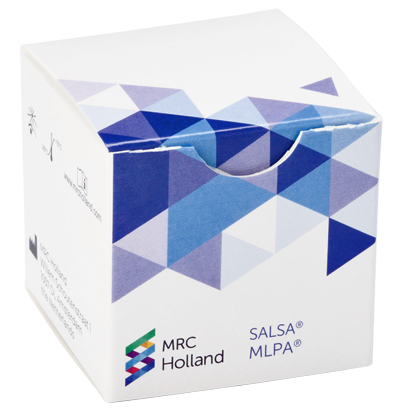Phosphatase and tensin homolog (PTEN) is a tumour suppressor gene that is mutated in a large number of cancers at high frequency. Defects in the PTEN gene are the main cause of PTEN Hamartoma Tumour Syndrome (PHTS), which is a dominantly inherited cancer predisposition syndrome, characterized by multiple hamartomas in several areas of the body. PHTS includes Cowden syndrome (CS), Bannayan-Riley-Ruvalcaba syndrome (BRRS), PTEN-related Proteus syndrome (PS), and Proteus-like syndrome (PLS) (GeneReviews: https://www.ncbi.nlm.nih.gov/books/NBK1488/).
CS (OMIM #158350) is inherited in an autosomal dominant manner and comprises 85% of PHTS cases. The incidence of CS is estimated to be 1:200,000. Affected individuals usually have macrocephaly, trichilemmomas, and papillomatous papules, and present by their late 20s. The lifetime risk of developing breast cancer is 85%, with an average age of diagnosis between 38 and 46 years. The lifetime risk for thyroid cancer (usually follicular, rarely papillary, but never medullary thyroid cancer) is approximately 35%. The risk for endometrial cancer may approach 28%.
BRRS is inherited in an autosomal dominant manner. It is present at birth and is characterized by macrocephaly, intestinal hamartomatous polyposis, lipomas, pigmented macules of the glans penis, intellectual disability (50% of the cases) and development delay. The risk of developing cancer in BRRS patients with a PTEN pathogenic variant is similar to patients with CS.
PS is a highly variable, severe disorder characterized by progressive segmental or patchy overgrowth of diverse tissues of all germ layers, affecting the skeleton, skin, adipose tissue and central nervous systems. PS is a rare condition with an incidence of less than 1 in 1 million people worldwide and is associated with tumours, pulmonary complications, and deep vein thrombosis.
PLS describes individuals that do not meet the diagnostic criteria of Proteus syndrome, but share many of the characteristic signs and symptoms associated with this condition. Inheritance is autosomal dominant in those with a PTEN mutation.
PTENP1 can regulate cellular levels of PTEN (via binding to mRNAs that target PTEN) and thereby suppresses cell growth. It has been shown that PTENP1 is selectively lost in sporadic colon cancer (Poliseno et al. 2010). A specific PTENP1 deletion (not PTEN) was also demonstrated in human melanoma (Poliseno et al. 2011). Furthermore, the importance of PTENP1 as a tumour suppressor has been recently shown in head and neck squamous cell carcinoma (Liu et al. 2017). PTENP1 copy number detection is of great importance in cancer research, however, the clinical validity of this gene is not yet fully established.






